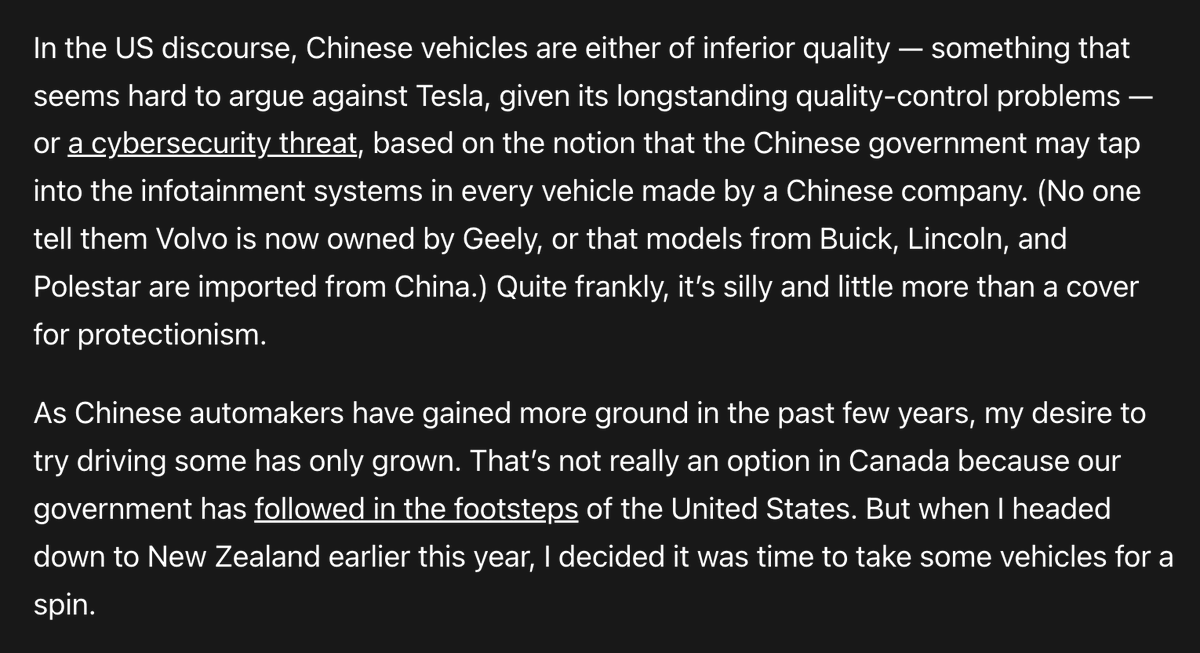okay so, the social dilemma on netflix:
the film is populated with a bunch of former high-ranking tech employees and executives (for the most part) who have seemingly seen the light: their tech tools are destroying the world.
except there’s a massive problem with their framing.
the film is populated with a bunch of former high-ranking tech employees and executives (for the most part) who have seemingly seen the light: their tech tools are destroying the world.
except there’s a massive problem with their framing.
the technological determinism of silicon valley, that now pervades neoliberal society, always presents technology as the primary actor: fb and google are brainwashing us, manipulating us, destroying democracy, dividing us, etc.
this is technodeterministic liberal propaganda.
this is technodeterministic liberal propaganda.
these people once believed that technology was changing the world; they still do, but now it’s for ill instead of good.
and obviously it must be technology — because what else could be causing these massively negative social outcomes but technology?
(hm, i wonder...)
and obviously it must be technology — because what else could be causing these massively negative social outcomes but technology?
(hm, i wonder...)
in the film, these tech folks and various politicians (in news clips), talk about how facebook and its algorithms are causing massive social division.
but this completely ignores the underlying economic conditions: four decades of neoliberalism, rising inequality, and corruption
but this completely ignores the underlying economic conditions: four decades of neoliberalism, rising inequality, and corruption
one of the tech folks says that western democracies “are imploding in on each other — and what do they have in common?”
facebook/tech is the implication, but that ignores the inequality, unaffordability, low wages, unresponsive political systems, etc.
facebook/tech is the implication, but that ignores the inequality, unaffordability, low wages, unresponsive political systems, etc.
they say this is all new — technology is causing this division, fake news, different realities — but they have little historical knowledge.
the “yellow journalism” and partisan press of the late 19th/early 20th century (the gilded age) served a similar role, fueled by inequality
the “yellow journalism” and partisan press of the late 19th/early 20th century (the gilded age) served a similar role, fueled by inequality
the bicycle assertion that’s also made — that no one ever said bicycles would destroy society — is another example of this ignorance of history
https://twitter.com/parismarx/status/1305676358610284544?s=20
they technodeterministic narratives are dehistoricized and self-serving — not just bolstering their new careers, but also not challenging either their own person views of the power of tech but also the broader systemic desire to ignore the consequences of economic inequality.
near the end, they start to think about the future.
some fear civil war, end of democracy, etc., again with the implication that tech is playing the lead role, not the underlying social and economic factors.
some fear civil war, end of democracy, etc., again with the implication that tech is playing the lead role, not the underlying social and economic factors.
another says the internet has changed since the old days and has become like a shopping mall, but again, misses how this was an essential part of the commercialization of the web: to make it serve the needs of capital, deliver profits and corporate power.
others suggest that technologists have a “responsibility” to try to fix this, and suggest people take individual actions like deleting social media, and this will help to change things, ignoring how, again, these platforms are like this for economic reasons.
there is some suggestion of needing to understand the economic component and embrace regulation of the tech giants as a solution — but they are very much tweaks designed to limit the data and “surveillance” wrongs, not the more fundamental problems of capitalism.
i have little doubt the doc will convince a lot of people with little historical knowledge or critical understanding that what these smart, important people are saying about fb/google/tech is true — and that’s pretty worrying because it defines the problem in the wrong way.
it really shows that, for the most part, the solutions aren’t going to come from the former high-ranking liberal tech folks.
they will instead come from radicalized tech rank-and-file working with those outside tech with other perspectives to contribute.
they will instead come from radicalized tech rank-and-file working with those outside tech with other perspectives to contribute.
and i really feel that the solutions will not come in the form of markets and regulation, but a better internet is ultimately a non-commercial one with public institutions controlling some things, cooperatives some others, and regular people experimenting with their own projects.
basically, bring on digital communism (as part of global communism, of course)
if you agree with thread, you’ll like my podcast @techwontsaveus: podcasts.apple.com/ca/podcast/tec…
• • •
Missing some Tweet in this thread? You can try to
force a refresh















